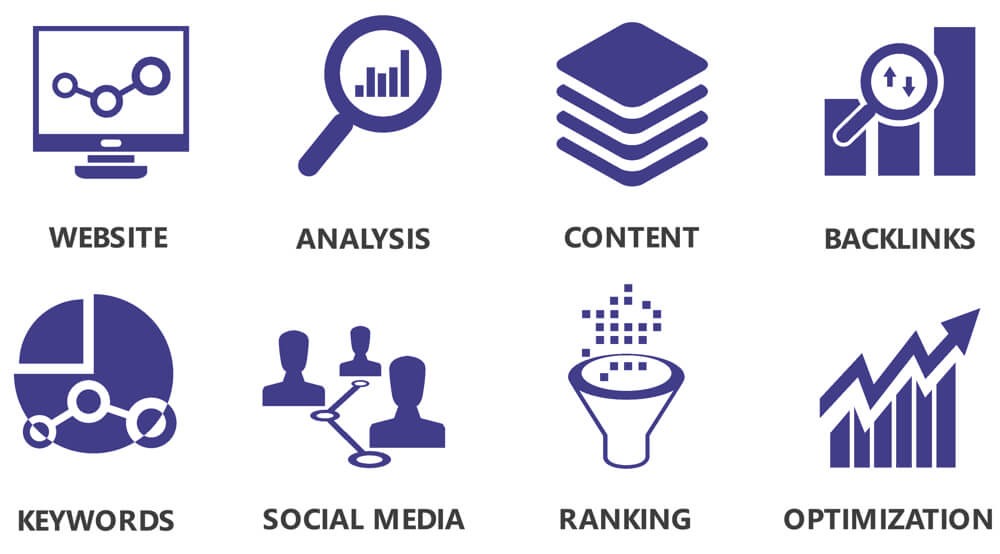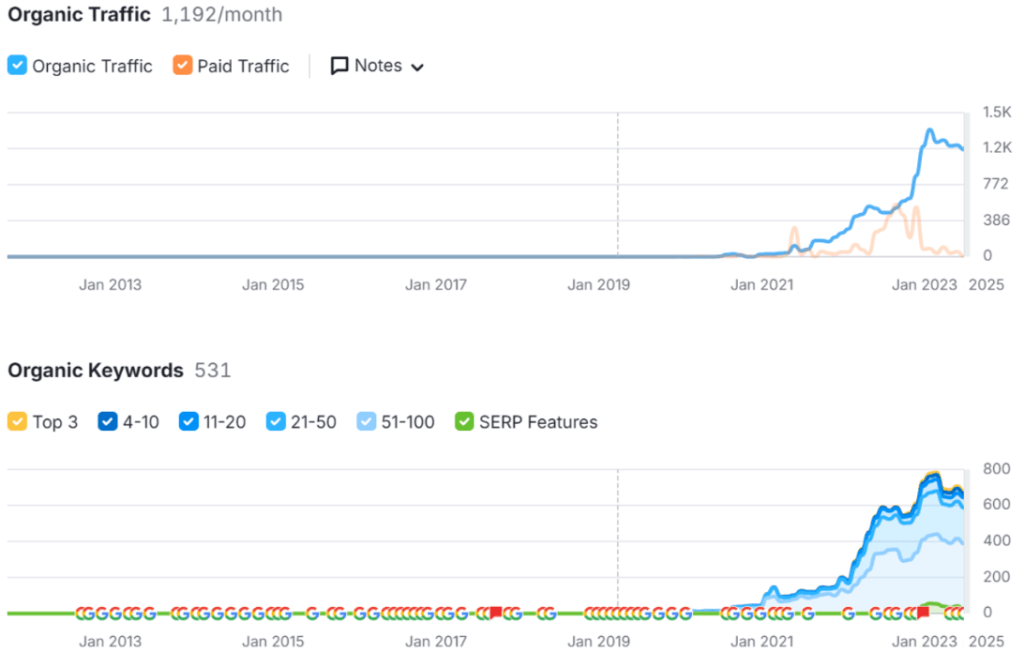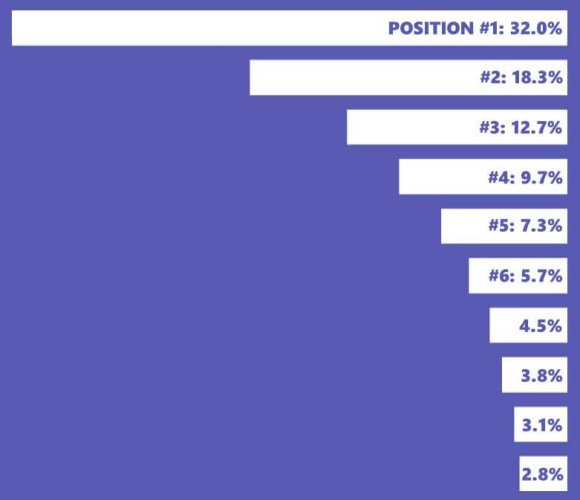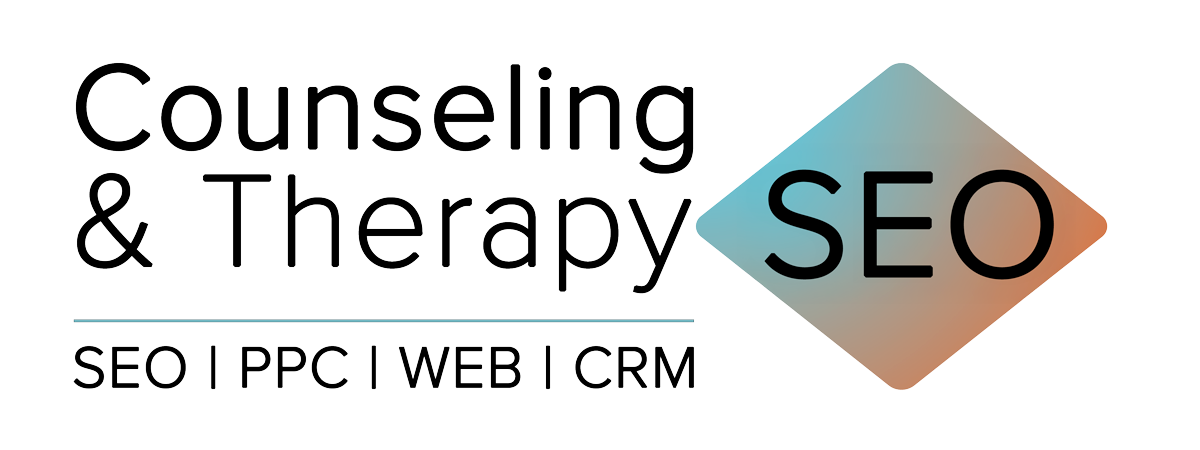To the new practice owner, “marketing” can feel like a side task—something you know you should do, but it keeps getting pushed to the bottom of the list.
To the seasoned therapist, it becomes clear: your online presence isn’t optional—it’s essential.
- Do you want a steady stream of private-pay clients who are a perfect fit for your specialty?
- Are you tired of watching other practices dominate local searches while your schedule stays spotty?
- Ready to turn your website into a quiet but powerful referral machine?
Let’s break down why SEO is often the missing piece in building a consistent, thriving caseload…
Most therapists think growth comes from:
- Networking
- Social media posting
- Better branding
- Getting a better logo
- Sending out fliers
All of these can help in small ways—but if your goal is to get found by people actively searching for therapy, nothing compares to SEO.
Here’s why:
The way people look for help has changed. It used to be word-of-mouth, directories, or doctor referrals.
Now, it starts with a search bar.
Over 90% of people turn to Google when looking for solutions to emotional, relational, or mental health struggles.
They search before they ask for a referral.
They search before they make a call.
They search before they ever walk into a session.
And what has this shift created?
A tidal wave of competition—therapists all vying to be seen online.
Followed by a flood of well-intentioned but underqualified marketers offering “SEO for therapists” without really understanding your profession—or your clients.
Most therapists now realize: the search for help happens online.
And if you’re not showing up, someone else is.

SEO
Search Engine Optimization: Getting the most valuable traffic from Google. The method, called SEO, is ranking a website on Google for valuable keywords and search phrases. This places your website in a spot where traffic flows into it resulting in increased client inquiries that put money into your bank account.
SEO is the most profitable marketing a business can do because it generates a strong steady flow of leads. It’s this steady stream of business that allows businesses to scale and grow.
SEO Case Study: Skylark Counselling
Skylark Counselling Clinic is a respected therapy practice based in downtown Vancouver, known for its client-centered approach and evidence-based counseling services. Despite investing in ongoing SEO with a previous agency, the clinic struggled with online visibility and received little to no organic traffic or new client inquiries.
Our engagement began with a detailed analysis of their local competition and website structure, helping us pinpoint missed opportunities and areas where Skylark could gain a competitive advantage in the Vancouver market.
We then applied a full-scale SEO strategy—optimizing on-page elements, enhancing technical performance, and refining their Google Business Profile. Combined with off-page SEO and targeted link-building, this helped increase traffic, improve search rankings, and drive consistent client inquiries for Skylark.
Results:
Boost in Maps Visibility
Top 3 Rankings in Organic Section for Multiple Keywords


The logical progression for hiring someone to handle your SEO:
First, understand the basics so you know what to expect.
Second, partner with someone who has a proven track record and truly understands your field—especially someone who works specifically with therapists.
What is Search Engine Optimization (SEO)?
To put it simply, SEO is part art, part strategy. It’s the behind-the-scenes work that makes your website easier to find when someone searches for things like:
“Therapist for anxiety in Austin”
“Trauma counseling near me”
“Couples therapy [Zip Code]”
It’s not about tricks or shortcuts. It’s about helping the right people—your ideal clients—find you when they’re actively searching for support.
Let’s break it down.
SEO isn’t about gaming the system or fooling Google’s algorithm. It’s not about hacking keywords or stuffing blog posts full of therapist jargon.
What SEO really does is make your website more helpful, more relevant, and more aligned with what your future clients are searching for. It’s about showing up with clear, trustworthy content when someone types in a cry for help.
Imagine this:
Someone in your city is Googling “EMDR for trauma recovery.” You offer that.
But your website doesn’t show up until page three of the search results.
They never even know you exist.
Good SEO fixes that.
It helps you rank for the terms your clients are actually searching for.
It helps Google understand that you’re the best answer to the problem they’re typing into that search bar.
And the data backs it up.
A study by Backlinko found that the #1 result on Google gets an average of 27.6% of all clicks. That drops drastically the further down the page you go—just 6.3% for #5, and only 2.4% for #10.
So if you’re not ranking high?
You’re missing out on dozens of potential clients—every single month.
Google Organic CTR Breakdown by Position

If you’re passed the 2nd page of Google, forget about it. You don’t exist.
SEO is the Gold Standard of Digital Marketing
There’s no other marketing strategy quite like SEO for therapists.
It’s one of the few investments in your practice that keeps working—week after week, month after month—without constant hustle.
Where else can you find a marketing strategy that delivers such a powerful range of benefits?
- Be Seen When It Matters Most: Showing up on Google when someone’s searching for help is like being the only open office in a town full of people needing therapy—*you become the obvious choice.*
- Consistent Client Inquiries: SEO doesn’t bring a random trickle of traffic—it connects you with *local people actively looking* for therapy. That means steady, relevant inquiries that align with your niche.
- Aligned, Ideal Clients: These aren’t just clicks. These are people searching for exactly what you offer—whether it’s EMDR for trauma, couples counseling, or anxiety therapy. SEO brings in clients who are ready for your kind of support.
- Higher Conversions, Fewer No-Shows: When clients find you on their own terms and reach out, they’re more likely to show up—and stick around. It’s a natural trust builder.
- Marketing That Works While You Sleep: Once it’s set up, SEO keeps doing the heavy lifting behind the scenes. No daily posting. No dancing on TikTok. Just quiet, consistent growth.
- Long-Term Practice Growth: SEO isn’t a quick fix or a flashy trend—it’s a long-game strategy that builds your presence, your authority, and your practice’s sustainability over time.
SEO solves one of the biggest challenges therapists face: it helps you attract the right clients consistently—without burning out, chasing leads, or spending a fortune on ads.
How Do You Get to the Top of Google: Our Bullet Proof SEO Proven Process
The 2 crucial parts of SEO that everyone talks about:
On-Page SEO
Onpage SEO is telling Google what your website is relevant for.
This is adding more information in specific areas on your website to help Google understand who you are, what you do, and where you are. These are places for example your URL structure, Meta information, inner linking, H1 tags and more.
Off-Page SEO
Offpage SEO is a collection of strategies that send signals to Google to build up your authority and trust.
In the game of SEO it’s mostly building backlinks to your site and other online properties. Google still values links and they’ve made a big shift from power to relevance over the past few years and that shift is still continuing.
This is what EVERY SEO expert talks about…
“We’ll optimize your meta tags.”
“We’ll build backlinks.”
“We’ll fix your title tags and alt text.”
Sure — on-page and off-page SEO absolutely matter.
But that’s not where a successful campaign begins.
And if that’s all someone’s offering? You’re only getting part of the puzzle.
Most therapists are eager to jump into SEO — but they’re often
skipping the most important steps:
- No clear niche or specialty strategy
- No local SEO setup to rank in Google Maps
- No content that speaks directly to your ideal clients’ pain points
- No tracking in place to see what’s actually working
It’s like decorating your therapy office before you’ve even signed the lease.
Before you start optimizing, you need to lay the right foundation.
Otherwise, you’re pouring time and money into a site that Google — and your future clients — still won’t take seriously.
"By failing to prepare, you are preparing to fail."
-Benjamin Franklin
You’ve probably heard this quote somewhere… and in the world of SEO, its wisdom couldn’t be more relevant.
Why?…
Because in today’s fast paced world—where local therapists compete to show up first when someone searches for help—preparation is everything. It’s not just helpful… it’s your hidden advantage.
SEO isn’t just a to-do list—it’s a strategy. A mission. A plan with purpose.
And like every effective therapeutic journey, it starts with clarity and a roadmap.
Our SEO strategy for therapists begins with three foundational phases—before we ever touch a line of code or optimize a single page:
Our Proven SEO Process That Gets RESULTS
Discovery/Needs Analysis
Our first step is the Discovery/Needs Analysis. Just like any master strategist, we must understand the lay of the land, know who we are up against, and identify the tactics that will serve your business best. This will be the foundation for our partnership.
Onboarding/Kickoff
During the Onboarding/Kickoff phase, we bring you into our war room. We lay out the battle plan, set the expectations, and ensure that you're familiar with the inner workings of our SEO strategy. We want you to understand that this isn't just about getting to the top of Google's ranks. It's about increasing your visibility, your leads, and ultimately, your bottom line.
Keyword Research
Next comes the Keyword Research and mapping phase. This is where we literally "map" out the territory, selecting the keywords that will lead your business to victory in the battle for online relevance and authority by matching the keywords to the right pages.
GBP Optimization
Then GBP Optimization is next which is crucial for local businesses and it's a key component of the strategy. Many agencies overlook the importance of tracking where you're ranking in the maps section. In our experience, the GBP for service-based businesses bring up to 70% of leads/calls.
Technical SEO
Before getting into the main part of SEO we'll need to do some Technical SEO so that there aren't any bottlenecks preventing you from ranking higher. We use various tools like Google Search Console and Screaming Frog to make sure there aren't any fatal errors.
On-Page and Off-Page SEO
With the groundwork laid, we venture into the nitty-gritty of SEO; implementing On-Page SEO by optimizing your site meta descriptions, page titles, schema markup, and h-tags etc. and executing Off-Page SEO strategies by building high-quality, relevant backlinks to your site. This is the main offensive in our strategic campaign, a calculated advance towards your business goals.
Weekly - Monthly - Reporting
And to keep you in the loop, we provide Weekly - Monthly - Reporting. We believe in an open line of communication and transparency, so you're always informed of our progress and the state of the campaign
Many businesses rush headlong into the fray without a plan, only to face defeat. But your practice won’t make that mistake. Under our guidance, with preparation and a well-crafted strategy, your business will not just survive, but flourish.
How Long Does It Take To Get Results From SEO?
This is a fair question and it’s asked frequently. Unfortunately there is no definitive answer. It depends on your current SEO on your website as well as your competition.
Most SEO companies hide behind the commonly held belief that “SEO takes time”.
This is only partially true…
The truth is that Good SEO can be seen within few months. You just have to know where to look.
You should be able to see your websites rankings move and have some volatility as Google reconsiders where you should rank.
A better question to ask instead of “how long does it take” is…
How Do You Know If Your SEO Is Working?
There are really three metrics you look at to evaluate how SEO is going.
- Ranking
- Traffic
- Phone Calls and Leads
Within the first 3 months, you should see rankings increase. If that’s done then the next thing you should see is that the organic traffic to your website is increasing. Finally, there gets to a tipping point where the right type of people are coming to your website and that causes your phone calls and leads to increase.
Why Should You Care About SEO as a Therapist?
SEO has helped countless therapists quietly grow thriving practices—by making them more visible to the people who are already searching for help.
In today’s world, SEO isn’t optional anymore—it’s essential. If your practice doesn’t show up on Google, your future clients may never even know you exist.
With the right strategy, SEO can help you attract more private-pay clients, reduce your reliance on insurance, and build a more stable, fulfilling practice.
But how do you know if SEO will really work for you? That’s exactly what we’ll help you uncover.
When you book a free, no-pressure strategy call with us, we don’t just give you a sales pitch—we open the door to clarity. We’ll look at your current online presence, your niche, and your local competition. We’ll help you understand where your website stands—and how it can be improved to bring in more ideal clients.
You’ll walk away with a roadmap to better rankings, more inquiries, and a stronger online presence—so your website can finally start working for you.
Because for us, it’s not just about offering a service—it’s about supporting your mission. You help people heal. We help people find you.
So, are you ready to stop wondering where your next client will come from?
Book your free SEO assessment today.
It’s not just a call—it’s a step toward a more sustainable, balanced, and booked-out private practice.
Ready to Grow Your Therapy Practice in 2025?
Schedule a complimentary strategy session with our team. We’ll review your current website and marketing strategies, and provide personalized recommendations to help you attract more of your ideal clients and simplify your practice growth.
Take the first step towards a thriving, stress-free practice today.



